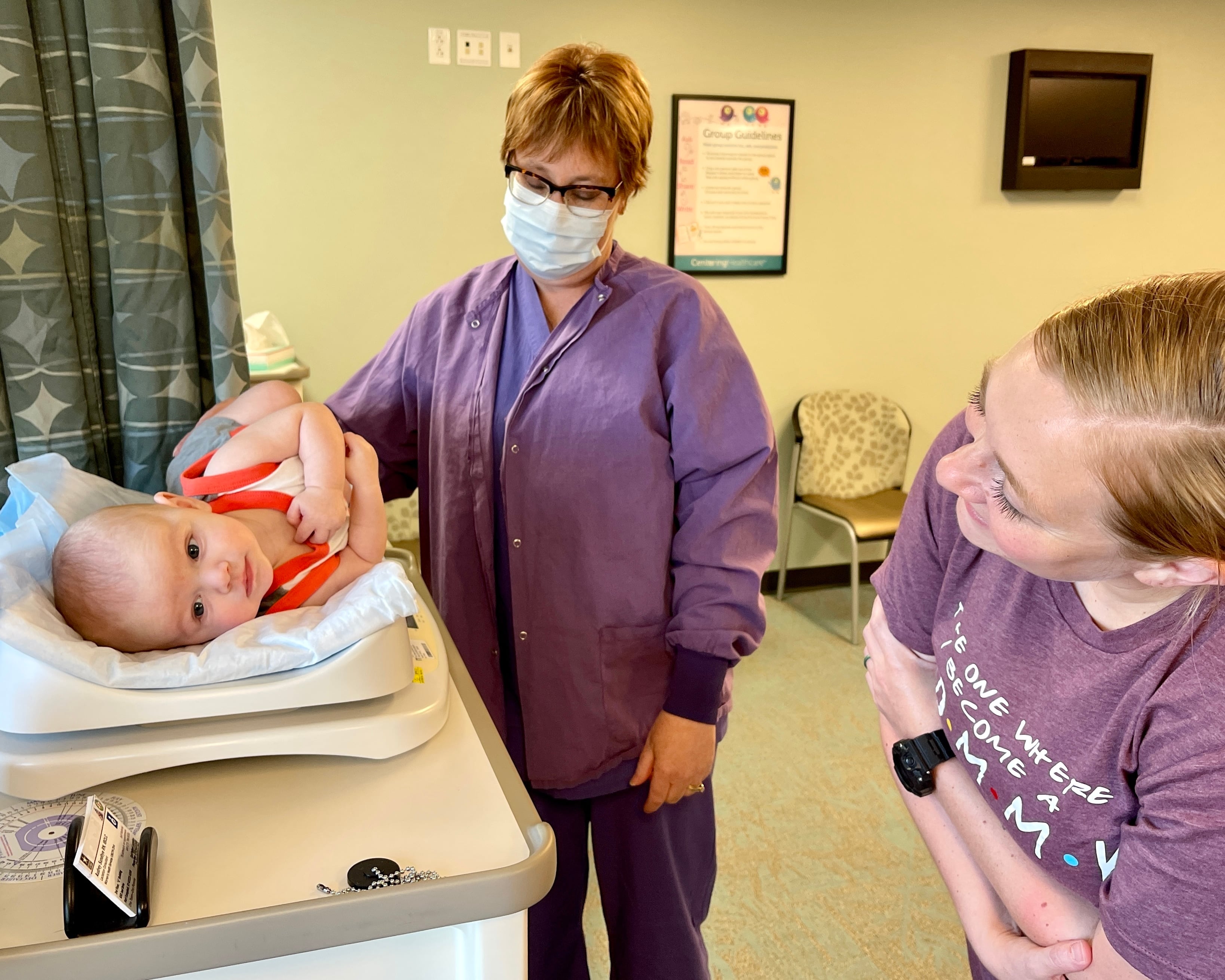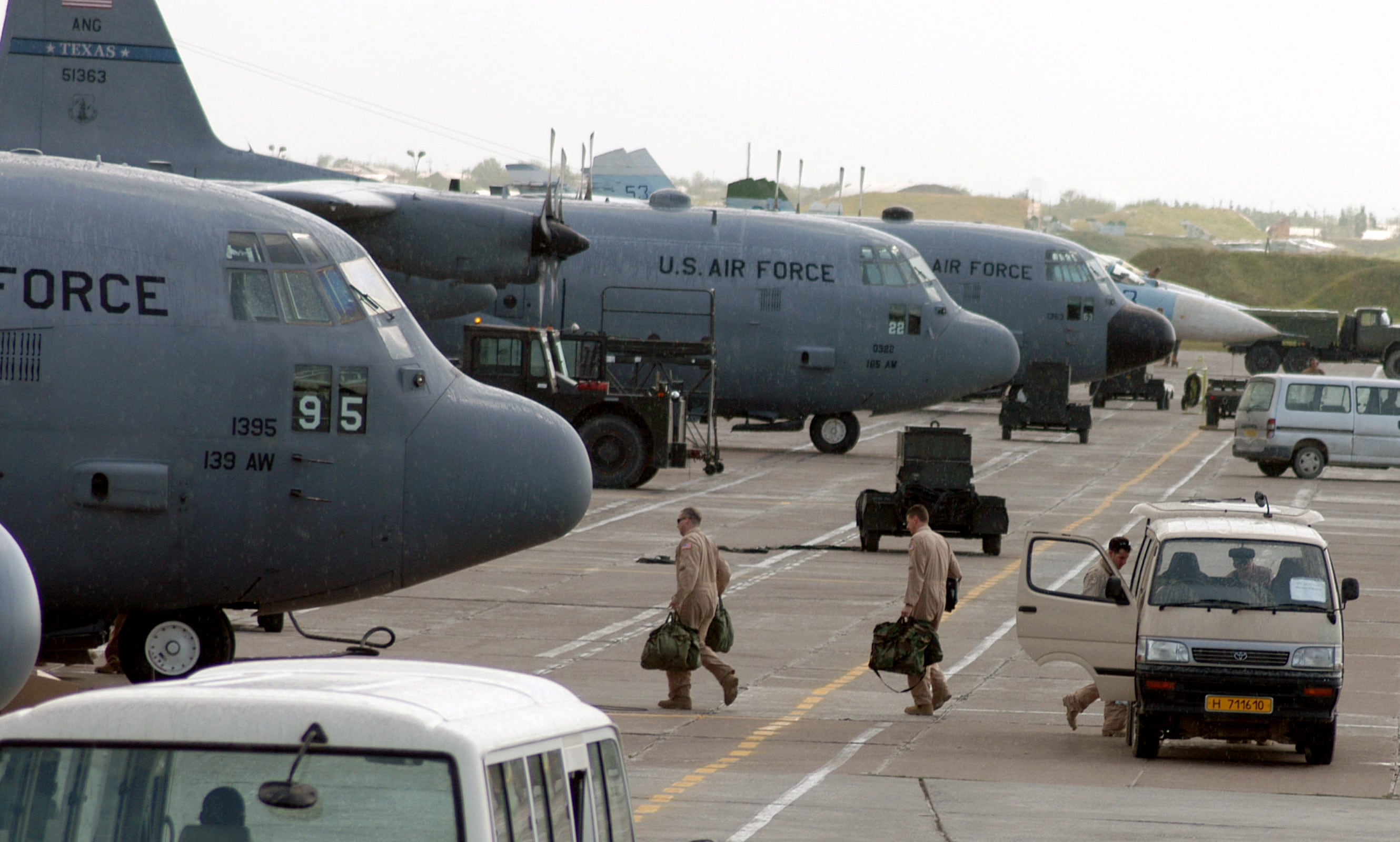KABUL, Afghanistan — The number of civilians killed or wounded in fighting in Afghanistan climbed by 22 percent in 2014 to reach the highest level in five years as foreign troops concluded their combat mission, the U.N. said in an annual report released Wednesday.
The United Nations Assistance Mission in Afghanistan documented 10,548 civilian casualties in 2014, the highest number in a single year since 2009. They include 3,699 civilian deaths, up 25 percent from 2013.
The U.N. says the Taliban and other insurgents were responsible for 72 percent of all civilian casualties, with government forces and foreign troops responsible for just 14 percent.
The "Taliban don't actually accept the veracity of the information in the report," UNAMA head Nicholas Haysom told journalists Wednesday "They have accepted in the engagements with us that protection of a civilian is important and have pledged to take certain measures to eradicate civilian casualties."
The Taliban had no immediate comment.
U.S. and NATO troops pulled back from volatile areas last year, handing security responsibility over to Afghan forces and officially concluding their combat mission at the end of the year. At least 2,213 U.S. soldiers have died in Afghanistan since the invasion to topple the Taliban following the Sept. 11, 2001, attacks, according to an Associated Press count.
The U.N. report attributed the rise in casualties to intensified ground fighting, in which weapons like mortars, rockets and grenades are used in populated areas, sometimes indiscriminately.
For the first time since 2009, more Afghan civilians were killed and injured by ground fighting than by any other tactic, including roadside bombs. The report found that civilian deaths and injuries resulting from ground operations surged by 54 percent, making them the "biggest killers of Afghan women and children in 2014."
Highlighting the danger, a roadside bomb outside of Kabul exploded Tuesday night, killing four members of a family, authorities said.
___
Associated Press writer Amir Shah contributed to this report.





